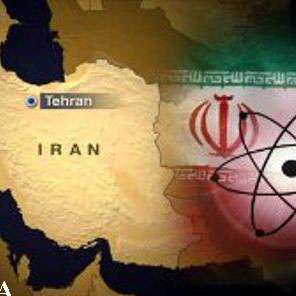Behind the Delay in Nuclear Talks

Notwithstanding his stipulations for the resumption of negotiations after the passage of UN Resolution 1929, Ahmadinejad later announced that Iran is ready to engage in nuclear talks without preconditions. The negotiations are supposed to revolve around the nuclear fuel swap for Tehran’s research reactor, based on the Tehran Declaration (signed between Iran, Turkey, and Brazil), an agreement that has been acknowledged by the Vienna Group.
Philip Crowley, the U.S. State Department spokesman, welcomed the resumption of negotiations on July 28. “We obviously are fully prepared to follow up with Iran on specifics regarding our initial proposal involving the Tehran research reactor ... as well as, you know, the broader issues of trying to fully understand the nature of Iran’s nuclear program. We hope to have the same kind of meeting coming up in the coming weeks that we had last October,” the spokesman said. The Russians, nonetheless, called for the Vienna Group’s meeting after the inauguration of the Bushehr nuclear power plant on August 21. Russia’s Deputy Foreign Minister also stated that his country agrees with participation of Turkey and Brazil in multilateral nuclear talks, but Ankara and Brasilia have to gain the consent of other involved parties.
Meanwhile, a few days ago, Ankara’s newspapers reported news of a Turkish delegation visiting Washington. As reported in the Hurriyet daily, the delegation aims to discuss Iran’s nuclear program and the related sanctions with the United States. A possible aim of the trip may be the admission of Ankara into the nuclear talks or persuading the Americans to initiate the negotiations as soon as possible.
Nevertheless, despite media maneuvers and the U.N. Secretary General’s correspondence, there seems to be an intentional delay in beginning a new round of talks. Nearly one month has passed since Iran’s announcement of its readiness to resume the talks, and the Five Plus One has planned to begin talks with Iran over its nuclear program in September. Perhaps the Vienna Group intends to run its negotiations with Iran in conjunction with and parallel to the Five Plus One’s talks, in order to wield the nuclear swap deal as leverage to further pressure Iran.

